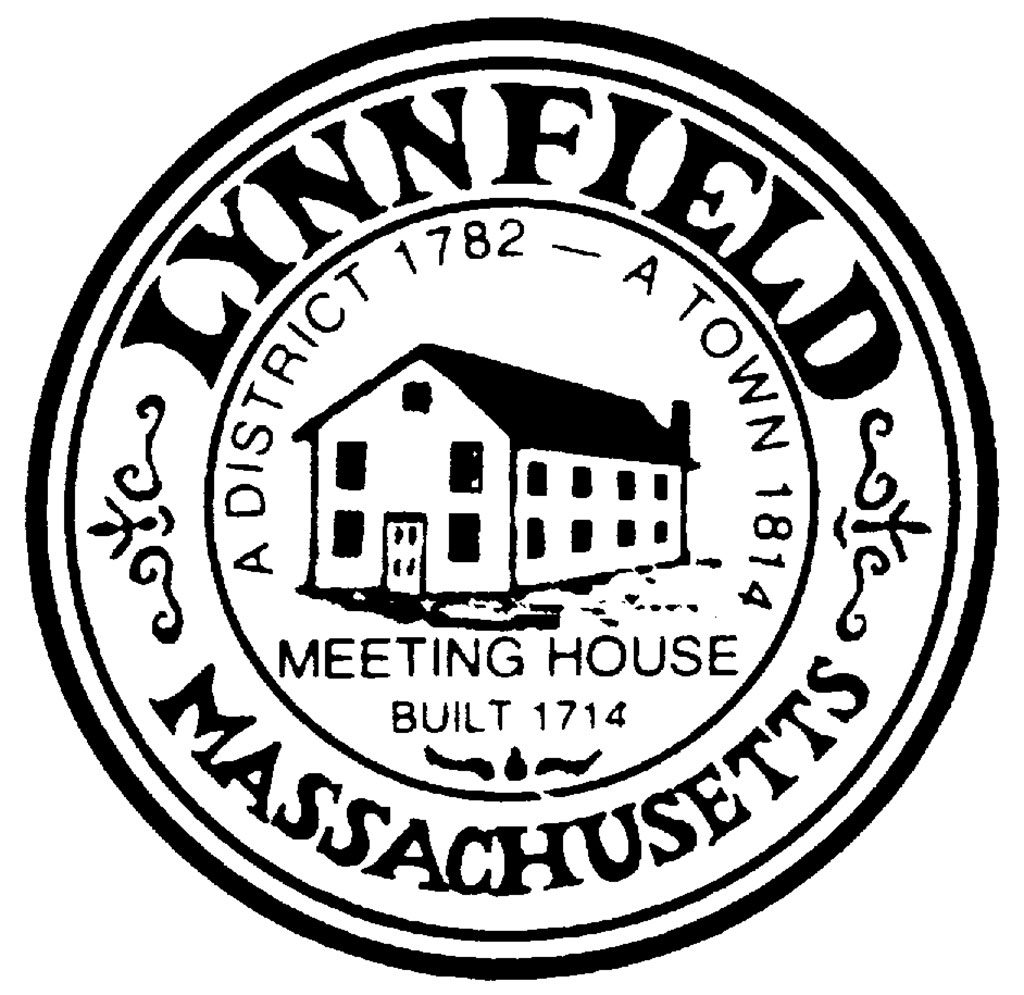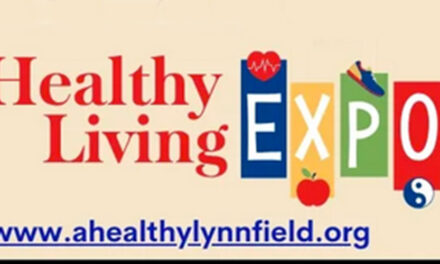Published December 2, 2020

By DAN TOMASELLO
LYNNFIELD — The Board of Selectmen unanimously approved a shift in the town’s tax classification on Monday.
The 1.37 shift approved by the selectmen means the tax rate will be $13.27 per thousand valuation for residential property for fiscal year 2021, representing a 65 cent decrease from FY20’s tax rate of $13.92 per thousand evaluation. The commercial, industrial and personal property (CIP) tax rate will be $19.30 per thousand valuation, which is 46 cents higher than FY20’s rate of $18.86.
Assessing Manager Meredith Stone noted that the 1.37 shift will result in residential property taxes increasing by an average of $228.51, representing a 2.52 percent increase. She said commercial property taxes will be going up by 3.02 percent, which would result in an average CIP tax increase of $1,705.24.
The Department of Revenue is required to approve the tax rates.
Stone said the purpose of the tax classification public hearing was for the selectmen to “determine the allocation” of local property taxes owed by residential and commercial property owners for FY21. She noted that Jan. 1, 2020 was the date used for assessing properties for the current fiscal year.
“It is the ownership and value of the property on Jan. 1 that is used to determine the assessment,” said Stone. “In addition, any new structures, demolitions, improvements or alterations that occurred between Jan. 1 and June 30 are reflected in the assessment. Sales from 2019 are used to generate 2021 values.”
Stone recalled that the selectmen have traditionally adopted a split tax rate. She noted that the average single-family home in town has an assessed valued of $699,580.
The assessing director said the state allows municipalities to adopt residential and small business exemptions as well as open space discounts for property taxes. She noted that the town has traditionally not provided the three exemptions to taxpayers.
Stone presented FY20 residential and CIP tax rate data from several neighboring communities. North Reading had the highest tax residential rate with $15.60 per thousand valuation, which was followed by Reading, Wilmington and Wakefield. Woburn had the lowest residential tax rate of $9.32 per thousand valuation, but Woburn had the highest CIP tax rate of $23.20 per thousand valuation.
Town Administrator Rob Dolan recalled that the assessed values of properties took place before the COVID-19 pandemic caused an economic crisis. He also noted that the tax rate does not include funds for the proposed $17 million elementary schools’ expansion project that townspeople will be voting on during a Special Town Election on Tuesday, Dec. 8.
“That would affect the following year’s tax rate,” said Dolan.
Selectman Dick Dalton expressed his support for using the 1.37 shift.
“It is a good balance for what we try to reach every year for residential and commercial properties,” said Dalton. “I think it’s important for everybody to keep in mind that this is pre-pandemic. I think that will come into play, especially for the retail valuations. Although no one is ever happy with an increase, I think having the increase be around 2.5 percent in my mind is a reasonable goal for us.”
Selectman Phil Crawford agreed.
“I think that is a reasonable number,” said Crawford. “I don’t think we should be putting more of a burden on residential homeowners. It is even percentage wise even though it sways a little more on the commercial side. The majority of the taxes in Lynnfield are residential. I think the 1.37 shift is very reasonable.”
Selectmen Chairman Chris Barrett thanked Stone and the Board of Assessors for giving a thorough presentation to the board.
“I think the 1.37 number is reasonable at this time,” said Barrett. “It protects residential taxpayers as much as we can, but commercial property owners are feeling the hit of the last eight months as well. I think 1.37 is a fair number to go with at this time.”
There were no members of the public hearing who spoke about the 1.37 shift during the public tax classification hearing. Over the last few years, MarketStreet Lynnfield business owners have complained about the town’s tax rate during previous hearings.
After the discussion, the selectmen approved the 1.37 shift for FY21.
“I want to thank Meredith for putting on a presentation that is very complicated,” said Dalton. “She put everything up on the screen for everyone to see, and was very transparent about it.”




